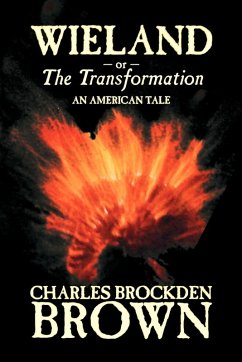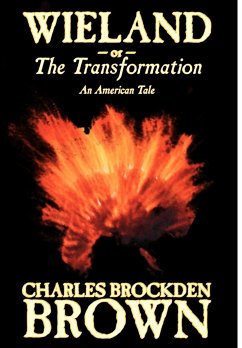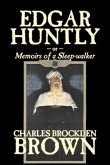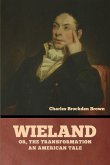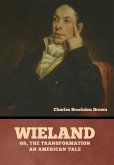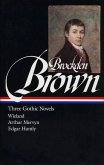"A light proceeding from the edifice made every part of the scene visible. A gleam diffused itself over the intermediate space, and instantly a loud report, like the explosion of a mine, followed. She uttered an involuntary shriek, but the new sounds that greeted her ear, quickly conquered her surprise. They were piercing shrieks, and uttered without intermission. The gleams which had diffused themselves far and wide were in a moment withdrawn, but the interior of the edifice was filled with rays." -- From Weiland, by Charles Brockden Brown
Hinweis: Dieser Artikel kann nur an eine deutsche Lieferadresse ausgeliefert werden.
Hinweis: Dieser Artikel kann nur an eine deutsche Lieferadresse ausgeliefert werden.

